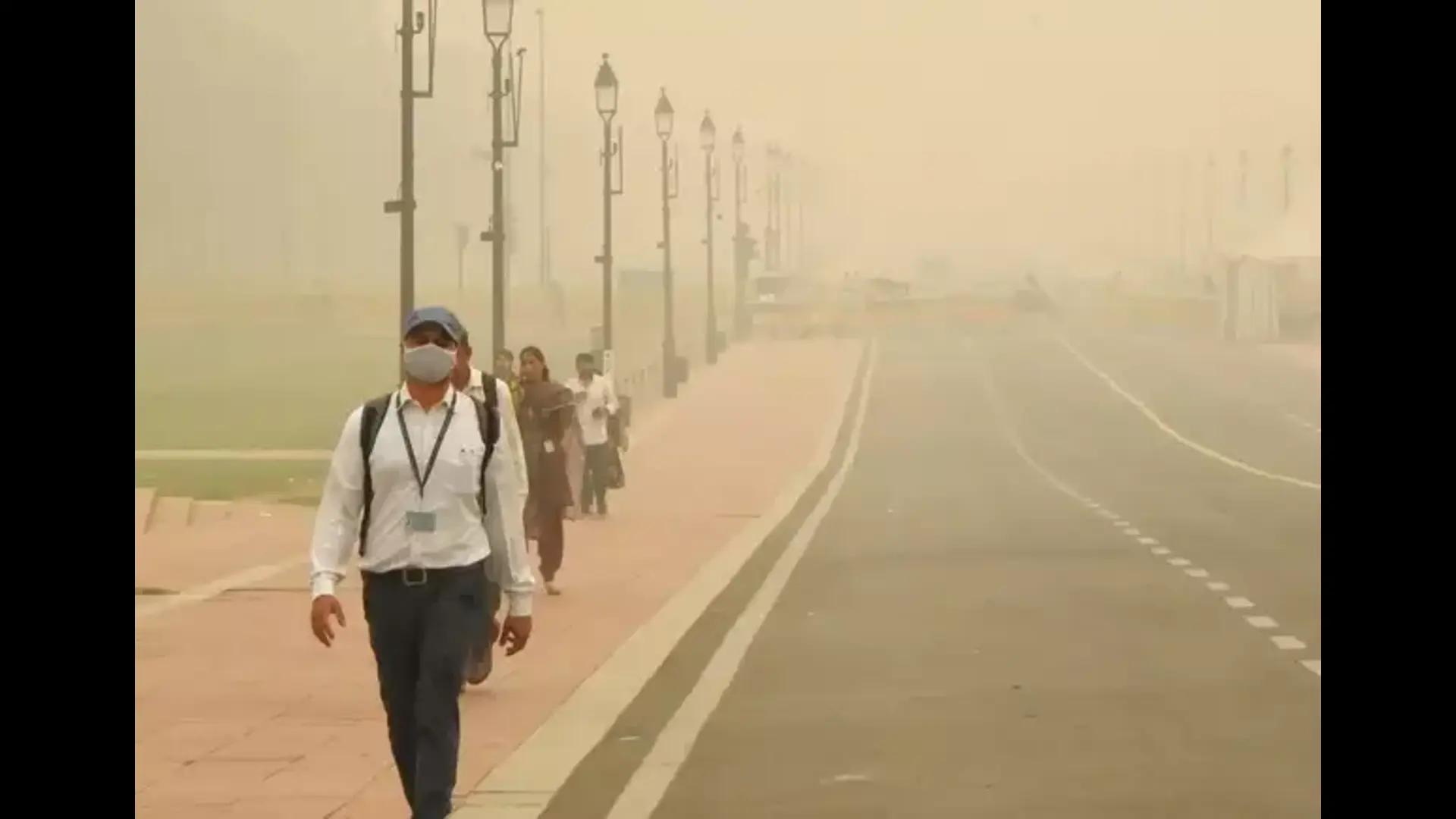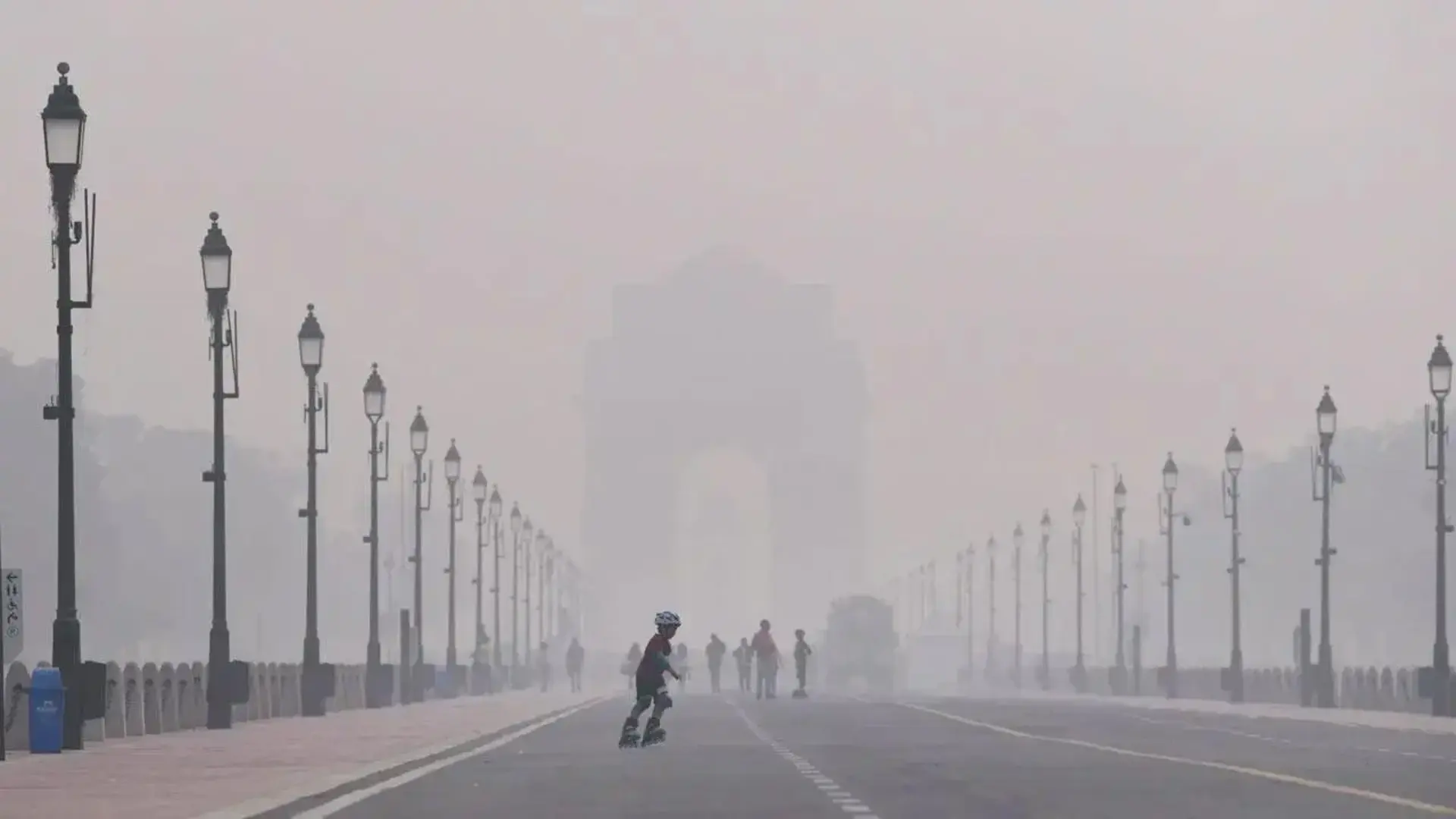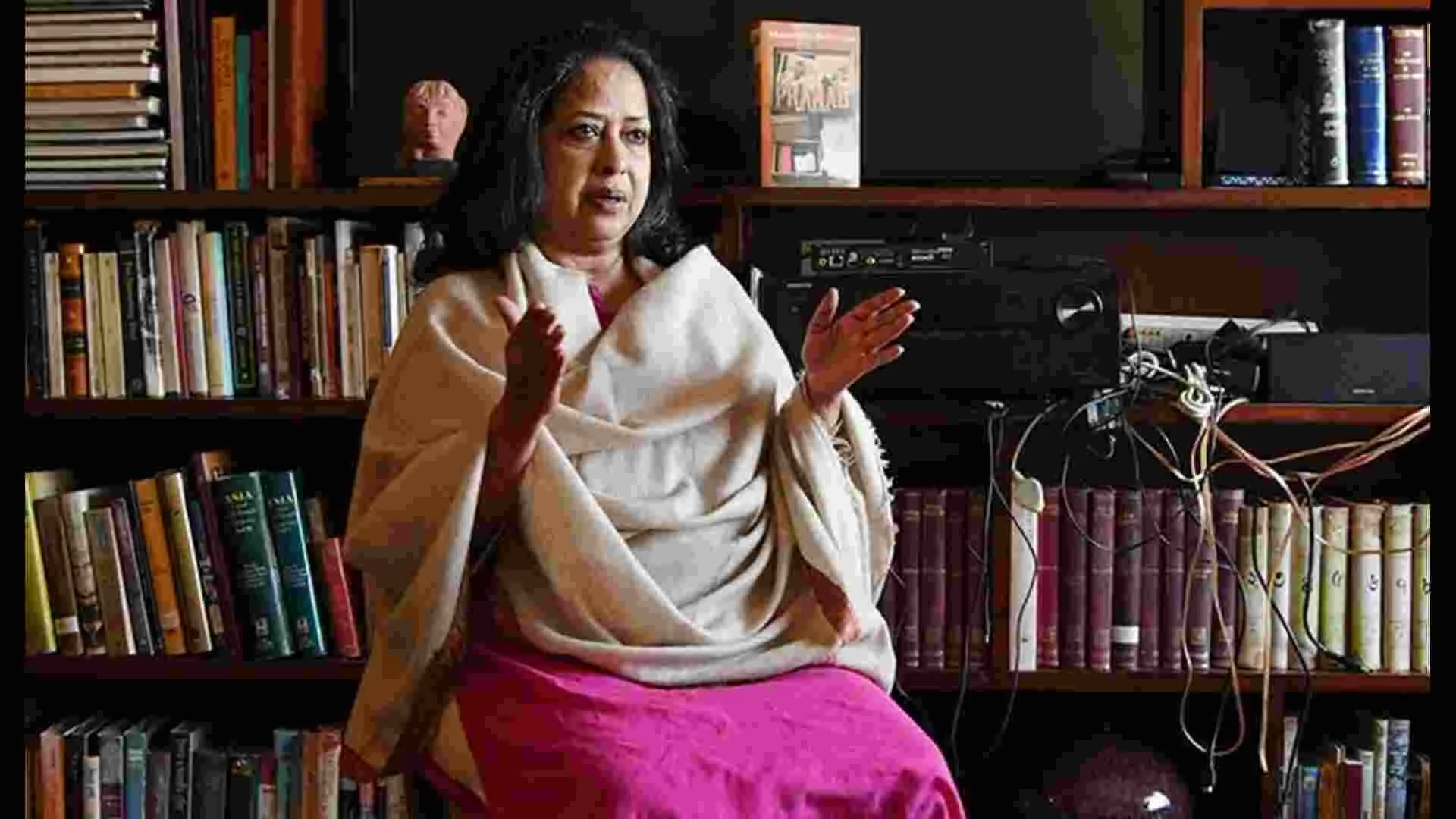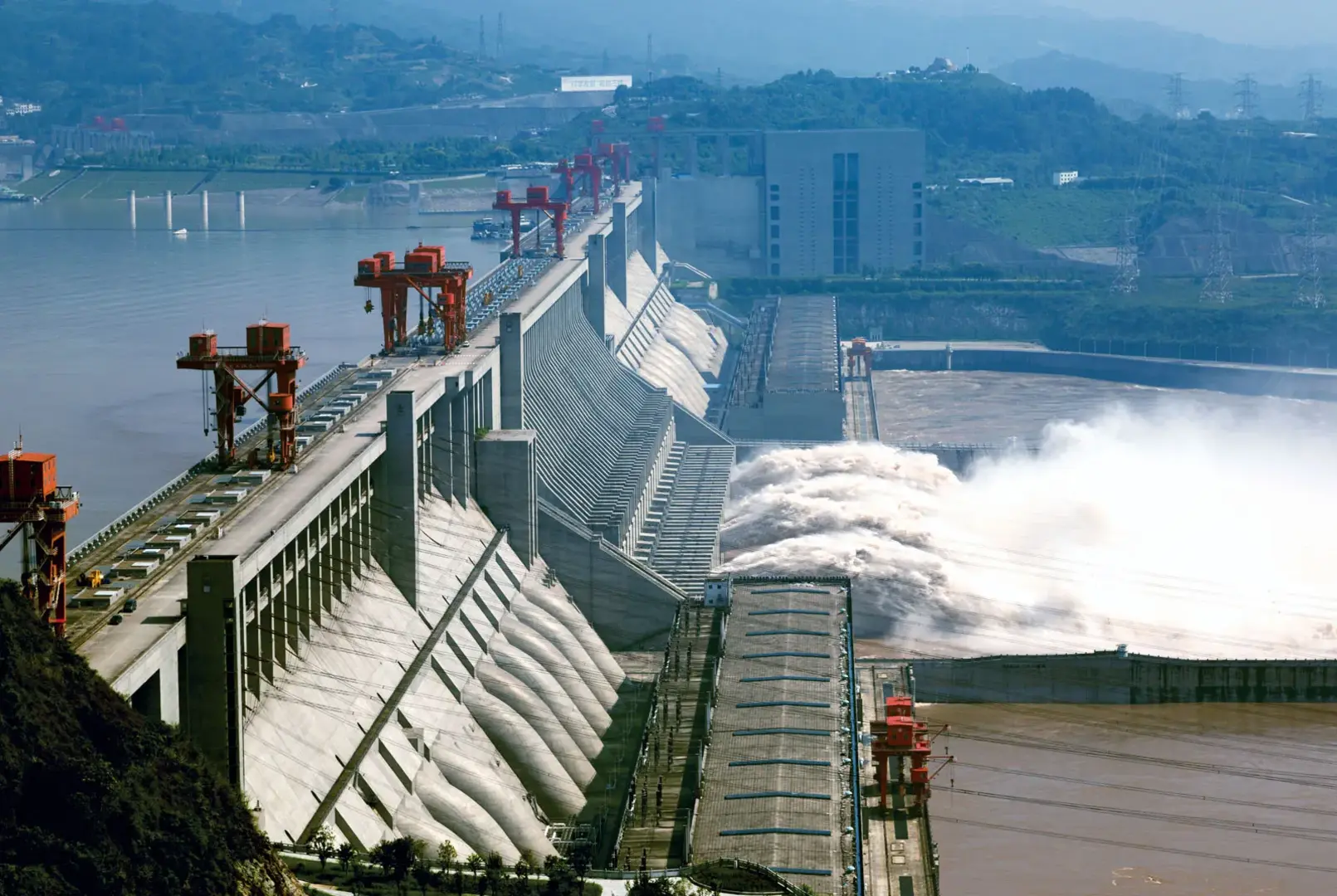Delhi woke up to another day of hazardous air quality on Wednesday, with the overall Air Quality Index (AQI) surpassing 440—classified as ‘severe’—around 7 am. Some monitoring stations in the city recorded AQI levels in the ‘severe-plus’ category, indicating a significant pollution spike.
Air Quality and Pollution Levels in Delhi
As of Tuesday morning, 21 out of 37 monitoring stations in the city reported AQI readings in the ‘severe-plus’ range. Some of the stations with the highest AQI were:
- Nehru Nagar: 480
- Alipur: 471
- Anand Vihar: 481
- CRRI Mathura Road: 468
- Jahangirpuri: 468
- Rohini: 466
According to the Central Pollution Control Board (CPCB), an AQI reading above 450 is categorized as “severe-plus,” which is extremely hazardous. The last time Delhi’s AQI entered this category was in mid-November.
Reimposition of GRAP Stage 4 Restrictions
In response to the deteriorating air quality, authorities enforced Stage 4 of the Graded Response Action Plan (GRAP) on Monday night. This stage includes restrictions such as banning construction activities and limiting truck entry into the city. Experts attributed the spike in pollution to a drop in wind speeds, which allowed pollutants to accumulate in the atmosphere.
GRAP Stage 4 Restrictions Include:
- A ban on construction and demolition activities, including public projects.
- A prohibition on diesel trucks carrying non-essential goods.
- Offices (public, municipal, and private) must limit staff to 50%, with the rest working from home.
- Potential closures of colleges, non-essential businesses, and the implementation of odd-even vehicle restrictions.
Stage 4 was first triggered in November due to persistent high pollution levels. While restrictions were relaxed in early December, the return of severe pollution has prompted their reintroduction.
Winter Pollution Causes
In winter, a combination of unfavourable weather conditions, vehicle emissions, crop burning, firecrackers, and other local pollution sources contribute to hazardous air quality levels in Delhi-NCR. Health experts warn that breathing the capital’s polluted air is equivalent to smoking approximately 10 cigarettes a day.






















